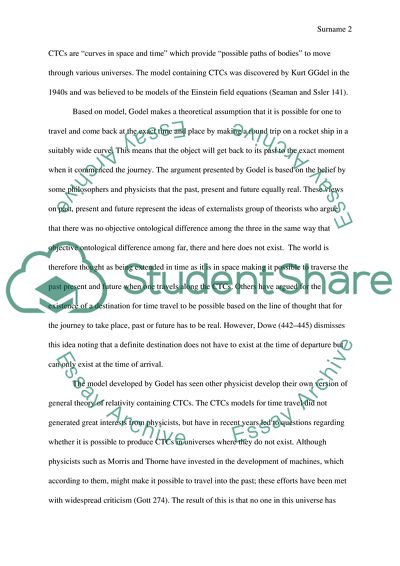Cite this document
(“ONTOLOGICAL PARADOX Research Paper Example | Topics and Well Written Essays - 2500 words”, n.d.)
ONTOLOGICAL PARADOX Research Paper Example | Topics and Well Written Essays - 2500 words. Retrieved from https://studentshare.org/philosophy/1644198-ontological-paradox
ONTOLOGICAL PARADOX Research Paper Example | Topics and Well Written Essays - 2500 words. Retrieved from https://studentshare.org/philosophy/1644198-ontological-paradox
(ONTOLOGICAL PARADOX Research Paper Example | Topics and Well Written Essays - 2500 Words)
ONTOLOGICAL PARADOX Research Paper Example | Topics and Well Written Essays - 2500 Words. https://studentshare.org/philosophy/1644198-ontological-paradox.
ONTOLOGICAL PARADOX Research Paper Example | Topics and Well Written Essays - 2500 Words. https://studentshare.org/philosophy/1644198-ontological-paradox.
“ONTOLOGICAL PARADOX Research Paper Example | Topics and Well Written Essays - 2500 Words”, n.d. https://studentshare.org/philosophy/1644198-ontological-paradox.


